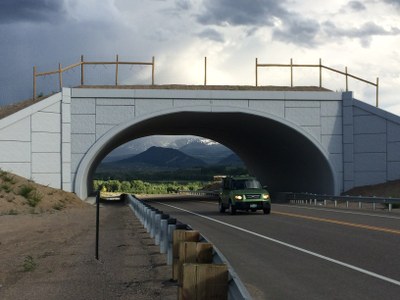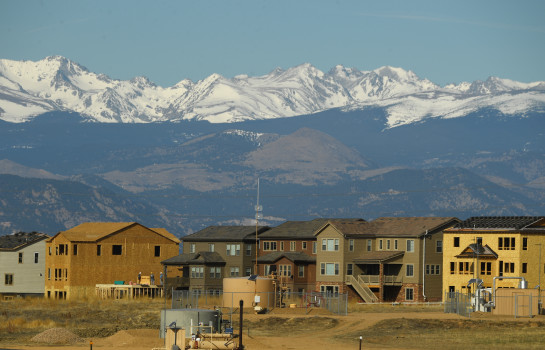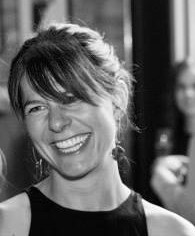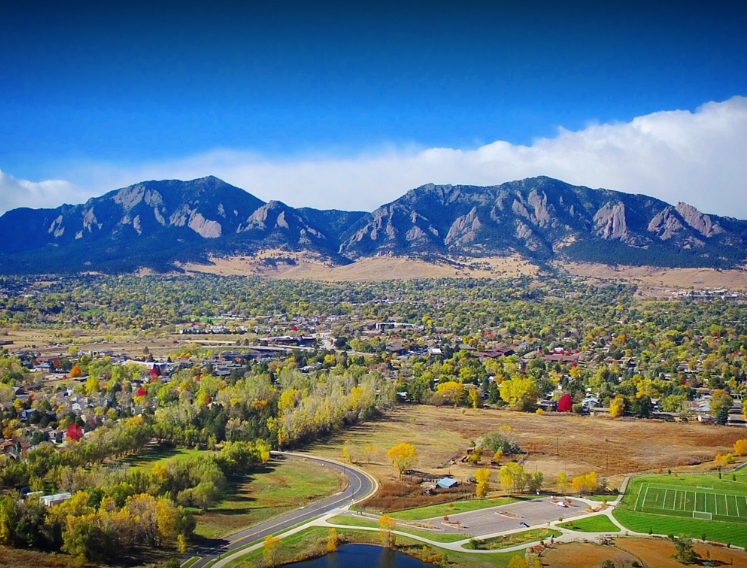
We’ve all seen it: the unrecognizable remains of some beautiful animal on the side of the road that happened to try and cross traffic at an inopportune time. Unfortunately, this sight is all too common for those living in Colorado – in 2016, the Colorado Department of Transportation (CDOT) reported nearly 7,000 wild animals killed by passing trucks and cars, resulting in two human fatalities and almost 400 injuries.
With the largest elk herd in North America and a rapidly expanding population, different agencies including the Colorado DOT, Colorado Parks and Wildlife (CPW), United States Fish and Wildlife Service (USFWS), and the Federal Highway Administration (FHWA) are coordinating to alleviate strains on migratory animals as well as animals residing near high speed corridors.
While determining how to practically solve this growing problem is complicated, recent coordinated action has provided direction. To this end, in June 2017, CDR spearheaded the design and facilitation of the Wildlife and Transportation Summit in Silverthorne, Colorado – a two-day multi-agency, interdisciplinary conference hosted by CDOT, CPW, and FHWA. The Summit established partnerships and developed recommendations to improve highway safety and protect wildlife populations. Summit attendees included multiple state agencies, USFWS, the US Forest Service, legislators, the Nature Conservancy, private landowners, the freight industry, foundations, academia, and wildlife experts.
CDR focused on building momentum and finding common goals among policymakers, agency staff and public-private stakeholders to develop strategies and identify funding for wildlife crossings, mitigation work and herd migration.
The Summit focused on issues, including:
- wildlife migration and permeability
- animal-vehicle collisions
- highway safety
- highway mitigation features (fencing, overpasses, underpasses)
- partnership opportunities
What’s Next?
Summit recommendations were recently presented and discussed with the Transportation Environmental Resource Council (TERC), a Colorado inter-agency forum. CDR will be working with CDOT, CPW, and FHWA to facilitate and implement the Summit recommendations and develop an Action Plan beginning with a focus on the West Slope of Colorado beginning in early 2018.
Contact Taber Ward or Spencer Dodge for more information.





